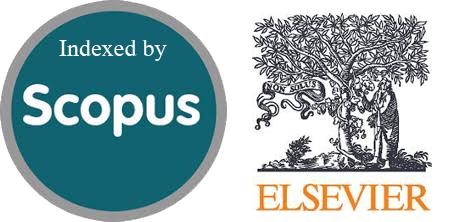Renal Toxicity of Tenofovir: Narrative Review
DOI:
https://doi.org/10.54133/ajms.v2i.63Keywords:
Acute kidney injury, Tenofovir disoproxil fumarate, Reverse-transcriptase inhibitorAbstract
Tenofovir is a reverse-transcriptase inhibitor based on acyclic nucleotide analogs. Tenofovir is a drug that is often used in treating HIV infection and has also been approved for treating infection by the hepatitis B virus. Despite the fact that its renal safety has been demonstrated in cell culture and clinical trials, clinical use and in vivo animal studies have shown its association with a low, but important, risk of kidney injury. Tenofovir accumulation in these mitochondria-rich cells is explained by proximal tubular cell secretion. Proximal tubular cell dysfunction is a symptom of Tenofovir nephrotoxicity, which might be the leading cause of acute renal injury or chronic diseases of the kidney. A review of articles is performed using keywords related to the topic in the databases of Google Scholar and PubMed, and 54 papers have been included, which were case studies, cross-sectional studies, and in vivo animal studies from 2004 up to 2021. The review aims at explaining the interaction of Tenofovir with kidney tubules, an association of genetic polymorphism, clinical features of Tenofovir-induced renal toxicity, potential mechanisms of Tenofovir-induced renal toxicity, its predisposing conditions and factors, and finally, some proposed strategies and agents to monitor and manage Tenofovir-induced nephrotoxicity.
Downloads
Downloads
Published
How to Cite
Issue
Section
License
Copyright (c) 2022 Al-Rafidain Journal of Medical Sciences ( ISSN: 2789-3219 )

This work is licensed under a Creative Commons Attribution-NonCommercial-ShareAlike 4.0 International License.
Published by Al-Rafidain University College. This is an open access journal issued under the CC BY-NC-SA 4.0 license (https://creativecommons.org/licenses/by-nc-sa/4.0/).











